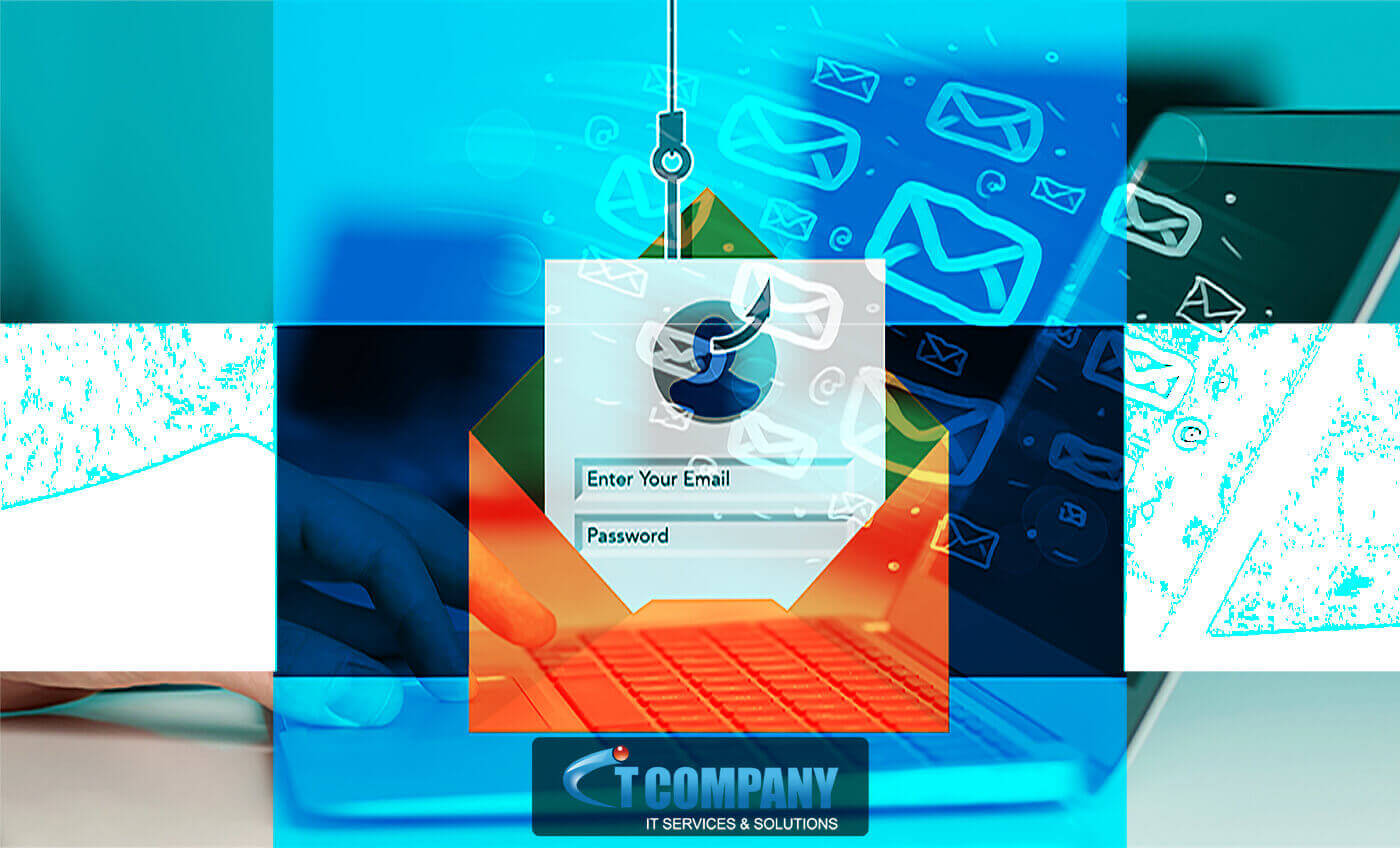Researchers report a 5x increase in phishing email attacks year over year.
Due to the explosive growth in phishing and other email-borne hacks over the past year, experts have advised small and medium-sized companies to be especially cautious of them.
According to a study that examined information from 35 million global participants, since 2022 phishing assaults increased by 569%. Last year, reports of password theft increased by 478%.
Table of Contents
ToggleQuakbot and Emotet
When crooks are not phishing for password information and other personal information, they are spreading ransomware-infested software.
According to cybersecurity website researchers, Emotet and QuakBot are still the two malware families that are spread the most. They also noted that the number of malware assaults increased 44% year over year. They claim that Emotet is especially remarkable. Despite going months without operating, this botnet was still able to easily out-scale all other malware distribution operations.
These attacks became more frequent, intense, and sophisticated, according to the chief information security officer at Cofense. Moreover, it necessitates a prompt reaction from IT teams. Furthermore, the rise in nation-state attacks and significant incidents overall continues to put pressure on boards, corporate executives, and cyber insurers to drive the visibility of an organization’s security environment. In order to improve their total security posture, organizations must continue to review methods to reduce risk. Also, determine which email security controls should be introduced or improved.
Businesses should keep a watch out for Business Email Compromise (BEC) assaults. As they have been consistently ranked as “one of the top cybercrimes” for the past eight years.
The number of Telegram bots used as exfiltration locations rose 800 times. While the use of Web3 technologies in phishing operations grew by more than threefold (341%).
Protect your inbox
Email security is a major concern for everyone. With the increase in phishing emails and other malicious attacks, it is imperative to ensure that our emails are secure. Securing emails is a complicated process that requires careful consideration of various aspects. This includes the use of secure email services, secure email settings, and other measures.
The best way to do this is by using secure private email services, such as Google Workspace email client or Microsoft Office 365 email client. They offer email encryption and other security features. Additionally, there are several suggestions that can help protect you from phishing emails, such as:
- Stay vigilant when clicking on links or attachments in emails.
- Only click attachments from trustable resources.
- Avoid suspicious websites and emails.
- Use two-factor authentication.
With these precautions in place, you can ensure that your emails remain secure and protected from potential threats.






